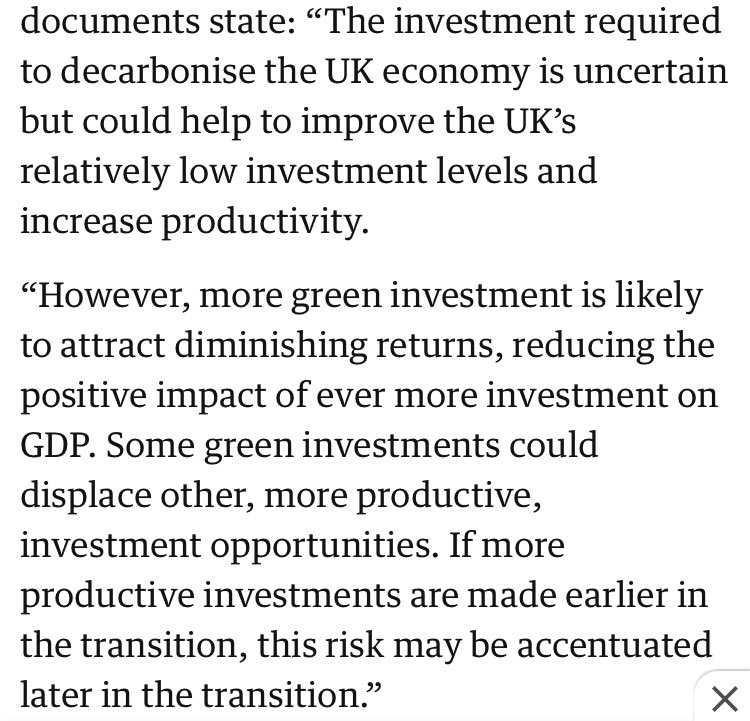
So, the #QueensSpeech today included a "market based mechanism" for heat pumps, requiring boiler manufacturers to sell a quota of heat pumps.
What is it all about?
Well, @nesta_uk and @B_I_Tweets recently published a piece on it, and here's a thread...
media.nesta.org.uk/documents/Nest…
What is it all about?
Well, @nesta_uk and @B_I_Tweets recently published a piece on it, and here's a thread...
media.nesta.org.uk/documents/Nest…
The "market-based mechanism" is a requirement for all boiler manufacturers to sell a certain number of heat pumps, in proportion to their boiler sales. Similar to how car makers will soon have to sell electric vehicles.
Here's the govt's consultation doc
gov.uk/government/con…
Here's the govt's consultation doc
gov.uk/government/con…
It should get more heat pumps out there and make them cheaper.
It may also force manufacturers to take more interest in installation. They will likely need to build relationships with more installers. And I guess (?) some manufacturers might offer installations themselves.
It may also force manufacturers to take more interest in installation. They will likely need to build relationships with more installers. And I guess (?) some manufacturers might offer installations themselves.
Will it work?
We think it will help. But it won't be enough on its own, and govt will need a set of other policies.
The biggest gap at the moment is skills - if we don't train thousands of heat pump installers each year, there will be no one to fit all these heat pumps.
We think it will help. But it won't be enough on its own, and govt will need a set of other policies.
The biggest gap at the moment is skills - if we don't train thousands of heat pump installers each year, there will be no one to fit all these heat pumps.
There's a risk that you get lots of big companies entering the market, and either competing for a small pool of skilled installers, or bringing in new people without adequate training / experience.
Government needs a skills plan to stop that happening.
Government needs a skills plan to stop that happening.
Another risk: some manufacturers might roll out cheap, inefficient heating systems, leaving customers facing even high bills.
It's vital that government finds a way to maintain minimum efficiency standards as part of this market mechanism.
nesta.org.uk/blog/the-effic…
It's vital that government finds a way to maintain minimum efficiency standards as part of this market mechanism.
nesta.org.uk/blog/the-effic…
And one final thought: the market mechanism could work especially well if energy suppliers *also* had an obligation to support / roll out heat pumps, alongside manufacturers.
Anyway, lots more details in our paper here.
This seems like quite a dry policy on paper, but it could have a very big impact on how the heating industry works in future....
media.nesta.org.uk/documents/Nest…
This seems like quite a dry policy on paper, but it could have a very big impact on how the heating industry works in future....
media.nesta.org.uk/documents/Nest…
• • •
Missing some Tweet in this thread? You can try to
force a refresh









